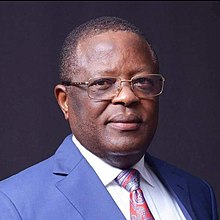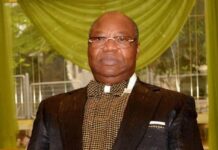The National Council on Climate Change (NCCC) says it is collaborating with the Canadian Government on gender-responsive climate change action in Nigeria.
Dr Salisu Dahiru, the Director- General of NCCC, communicated this on Friday in Abuja at a one-day workshop to brainstorm on a draft report on gender-responsive climate action in Nigeria.
Dahiru acknowledged the critical role of gender equality in climate action and stressed the need for massive sensitisation, mobilisation, education, capacity building, and enhancement to achieve effective climate action.
He expressed gratitude to the Canadian High Commission and other key technical stakeholders.
He called for a deeper partnership on mobilising additional development projects, as well as support for new initiatives focused on climate change mitigation and adaptation.
The director-general urged the Canadian government to further invest in Nigeria as President Bola Tinubu was ready to remove any potential roadblocks hindering Canadian private sector investment in Nigerian climate change solutions.
He assured that the workshop would fulfill the United Nations Climate Change requirements for gender inclusiveness.
Earlier in her remarks, Likezo Karn, First Secretary and Senior Development Officer, Development Cooperation Section of the Government of Canada, highlighted the importance of gender equality in Canada’s international assistance approach.
“Canada’s Feminist International Assistance Policy is based on the strong belief that successful development programmes require the equal participation and consideration of all genders.
“This includes men, women, boys, and girls.
“Gender equality is not just about fairness, but also about effectiveness; every development issue from climate change impacts men and women differently,” Karn explained.
The News Agency of Nigeria reports (NAN) reports that the workshop was held with the support of Global Affairs, Canada, to evaluate the impact of policies, programmes and projects on gender in Nigeria and identify areas of improvement.(NAN)
By Abigael Joshua




